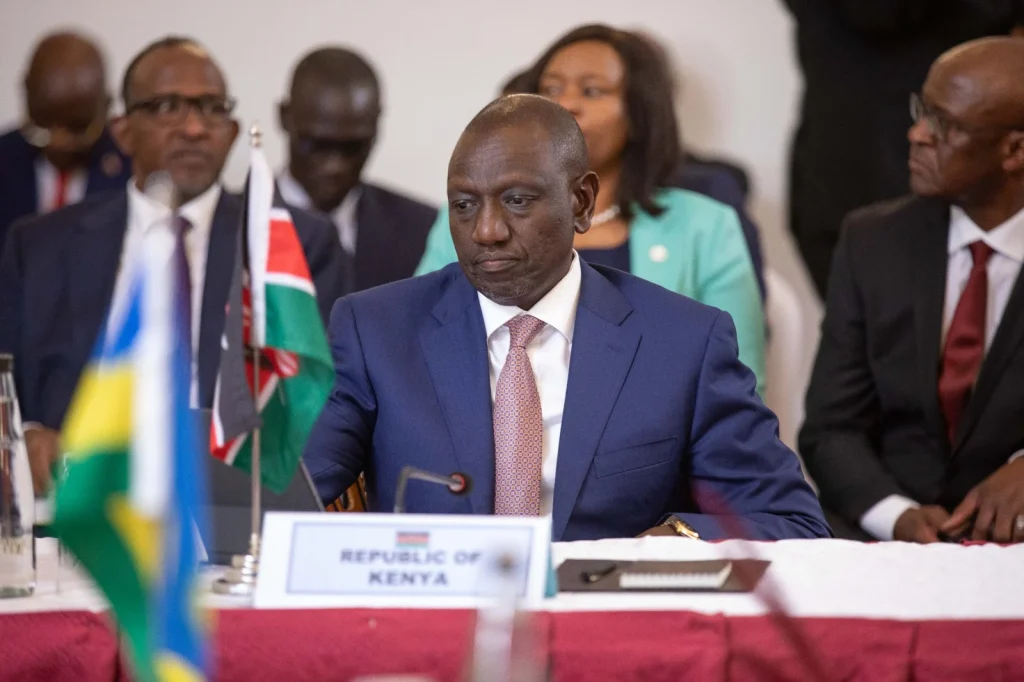Following nationwide protests against increased taxes in the country, Kenyan President William Ruto announced some fiscal measures to address a budget deficit following the withdrawal of the Finance Bill 2024.
During a live address at the State House on Friday, President Ruto announced Sh177 billion in spending cuts and Sh169 billion in additional borrowing to plug the budget gap left by the bill, which was originally intended to raise Sh346 billion in new taxes.
The government will present a proposal to the National Assembly to approve these expenditure cuts.
Key budget priorities to be funded include the hiring of 46,000 Junior Secondary School teachers on a permanent and pensionable basis, recruitment of medical interns, purchasing milk from farmers at Sh50 per litre, and maintaining the fertiliser subsidy.
Additional allocations will go towards completing stalled road projects, settling coffee debts, funding the proposed Coffee Cherry Fund, paying off debts owed by public-owned sugar firms to farmers, supporting new university funding, and settling arrears owed to counties and the National Government Constituency Development Fund (NGCDF).

The measures also include dissolving 47 State corporations with overlapping mandates, ending harambee (fundraising) activities for all State officers, and removing confidential budgets in all offices, including the President’s.
Attorney General Justin Muturi has been tasked with preparing a law to ban State officers from participating in harambee and other philanthropic activities.
President Ruto also announced the cessation of funding to the offices of the First Lady, as well as the spouses of the Deputy President and Prime Cabinet Secretary.
Additionally, the President suspended the filling of the Chief Administrative Secretary (CAS) offices, despite Parliament’s recent approval of their appointments.
Further austerity measures include suspending the purchase of motor vehicles for all government agencies and departments for one year, except for security teams, suspending all non-essential travel for officers, reducing the budget for government building renovations by 50 percent, and reducing the number of government advisors by 50 percent.
Public servants will now be required to retire at the age of 60, with no exceptions. To address public debt, President Ruto announced the formation of an independent task force to conduct a forensic audit of the debt. This task force is expected to report its findings in three months, clarifying the extent and nature of Kenya’s debt and recommending proposals for managing it.


